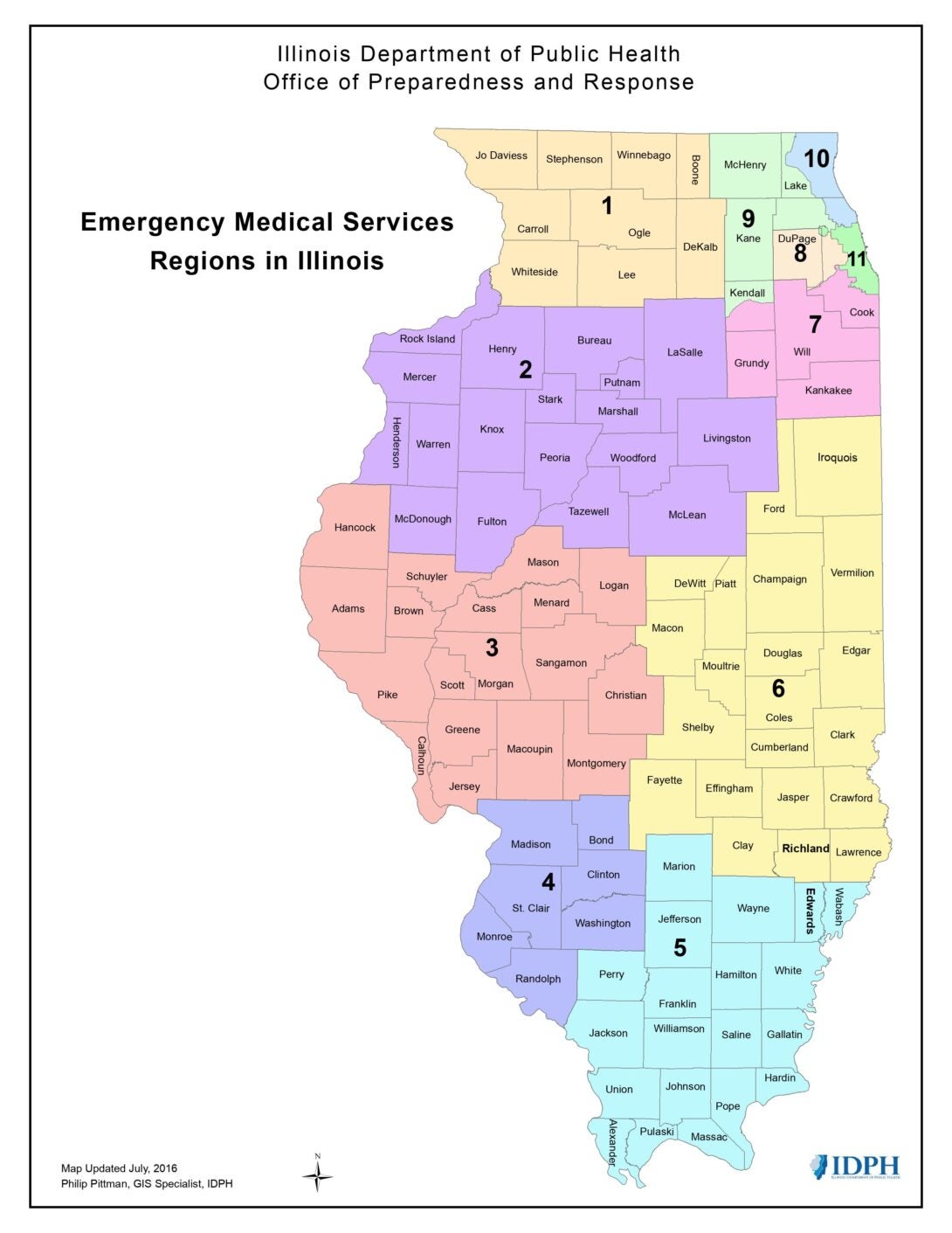Behavioral Health Crisis Hub staff provide a wide range of services to support the development of the Illinois crisis continuum working in collaboration with the DHS Division of Mental Health. Services that we provide include: project management, research, evaluation and analysis, meeting design, report writing and communications, training, consultation on performance management and improvement, contract management, technical systems development, data and information management, technical assistance and toolkit development .
Some of the current services that we provide are described below.
Convening Learning Collaboratives Heading link

988 Lifeline Call Centers Learning Collaborative
As part of its role as the Academic Partner of Illinois’ Department of Human Services/Division of Mental Health (DMH), the Behavioral Health Crisis Hub provides ongoing technical assistance to Illinois’ 988 Lifeline Call Centers. DMH provides funding to Illinois’ six Lifeline centers for direct connection to compassionate, accessible care and support for anyone experiencing mental health-related distress, including family, friends, and/or caregivers. The Hub participates in regular meetings with DMH for issue identification and coordination, monthly meetings with each Lifeline center focused on service response improvement, and a monthly learning collaboration meeting for all of the Centers to share operational perspectives, concerns and opportunities. For more information, contact Peter Eckart or Jeonghun Kim.
Program 590 Mobile Crisis Response Teams (MCRT) Learning Collaborative
The University of Illinois at Chicago, Jane Addams Center for Social Policy and Research, Behavioral Health Crisis Hub, in partnership with the Illinois Department of Human Services/Division of Mental Health (DMH) hosts monthly Learning Collaboratives. These Collaboratives are designed to be a conduit of information exchange with the Program 590 MCRT grant awardee’s Project Directors.
The funding allocation for Program 590 Mobile Crisis Response Teams is DMH’s concerted effort to expand a statewide, community-based crisis system/continuum of care for residents of the State of Illinois who are experiencing mental health/behavioral health crises. The massiveness of this system’s expansion necessitates a process to reach those who oversee the day-to-day operation (Project Directors) of the Mobile Crisis Response Teams. This process, called a Learning Collaborative, ensures that there is continuity in the conveyance of information to develop the needed service throughout the state.
The monthly Learning Collaborative is the venue for Project Directors to obtain information on operational processes, state policies, guidance and protocols, and national best practices on developing mobile crisis response. The Learning Collaborative also provides Project Directors, as well as other interested staff, with the opportunity to ask questions and collectively hear the responses to assist with service development and program design. The Collaborative meetings have provided a venue for presentations from other states to share their implementation strategies for developing mobile crisis response, the nuances, the challenges, and the benefits. These meetings also allow participants to hear directly from their peers (other Program 590 MCRT agencies), as they work to achieve an optimal crisis response for their community.
Regional Advisory Committee Liaisons Heading link

The Division of Mental Health has established Regional Advisory Committees (RACs) in the state’s eleven Emergency Medical Service (EMS) Regions in accordance with requirements of the Community Emergency Services and Support Act (CESSA). The goals and purpose of the RACs are to “…advise on regional issues related to emergency response systems for mental and behavioral health .” As DMH’s academic partner, Behavioral Health Crisis Hub staff serve as liaisons to the regions. The role of liaisons is to ensure that RACs operate in accordance with the requirements of the Open Meetings Act (OMA), to maintain cohesiveness with the tasks to be accomplished assuring that co-chairs are focused on issues related to the RAC proceedings and not deviating from the agenda, and to provide state updates on policies or decision points that may have direct implications on the RACs planning. This effort has been beneficial as it provides continuity and standardization associated with CESSA work across regions by providing structure for planning processes.